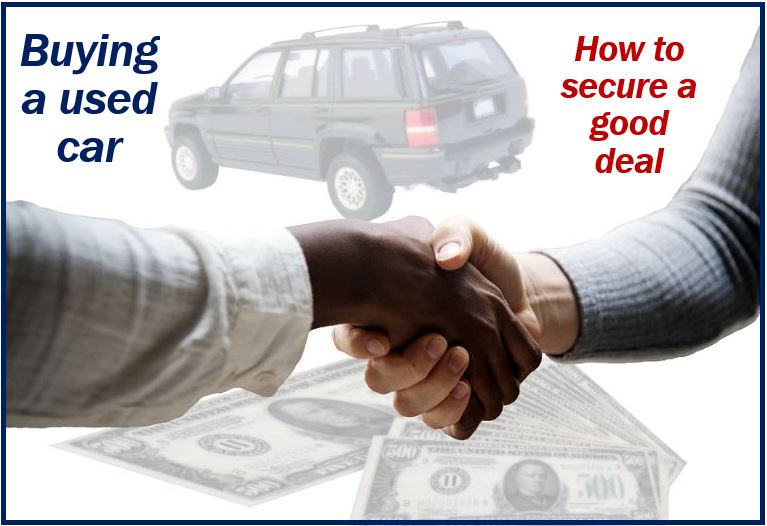 All over the world, used car salespeople and dealers do not have the best reputation. Instinctively, we tend to be skeptical about anything they say regarding their vehicles. They are a bit like pawn shops, where we always think that we are going to end up with a bad deal.
All over the world, used car salespeople and dealers do not have the best reputation. Instinctively, we tend to be skeptical about anything they say regarding their vehicles. They are a bit like pawn shops, where we always think that we are going to end up with a bad deal.
Though it’s good to have a curious attitude and to check every detail before you close a deal, that doesn’t mean all dealers who sell used cars are trying to rob you. As is the case in all sectors of the economy, are good and bad dealers. There are few things which will tell you a lot about them if you have a pair of keen eyes.
1. The quality of the car inventory
Now, don’t get this wrong way. Every used car dealer has more standard and cheaper cars than premium models. This is because common and less expensive vehicles are more popular in the used car market, and they sell well.
What is more important is the overall condition of the cars. That matters much more than what kind of cars they have in their inventory. A rule of thumb is never go to a dealer to choose a used car alone. Take somebody you trust with you. Especially somebody who knows more about cars than you do.
2. Have their repairing garage
A dealer that has a repair and service workshop and certified technicians is always a better choice than one that doesn’t. If you know that they have properly qualified mechanics and the equipment to test and repair their vehicles, you are more likely to buy a car in good condition. They are also much less likely to purchase vehicles with serious problems; especially ‘hidden’ problems.
3. Used car warranty
Most car dealers will try to sell you a car warranty that is covered by a reputable insurance company. For total peace of mind, this is something that you should consider when you purchase your second-hand car.
The difference between good and bad operators is their willingness to back up their guarantees. Some jurisdictions have specific laws that bind a dealer to offer a minimum drivability warranty period (apart from the third party warranty) when they are selling a used car. A good dealer is usually more confident about their stock and will often extend the minimum enforced drivability warranty willingly. Ask the salesperson about used car warranties and carefully consider what guarantees he or she offers you.
4. Title problem
A good dealer would never sell you a car with a title issue or a vehicle with an open loan on it. Unfortunately, many buyers get duped by unscrupulous dealers who sell them vehicles with dubious titles. If you are not sure whether that used car is really going to be yours, walk away! If there are any outstanding debts linked to a car, the dealer does not have the right to sell it to you. It probably belongs to the lender, i.e., a bank.
5. Friendly with pre-purchase inspection
Observe their attitude when you’re inspecting your selected car. If the dealer has quality vehicles only in their inventory, they will be forthcoming when you’re checking your desired car. Either take the vehicle to a trusted mechanic or take him or her with you to the showroom. Get them to thoroughly check out the car before you consider making an offer.
Ask the dealer to show you the car’s service history. A car’s service history is a record of all its work repair or maintenance work. A full service history (FSH) includes the complete collection of all these maintenance documents and repairs. The FSH should also have the dates of each inspection, repair, or maintenance service.If the salesperson is not forthcoming with the information you seek, you should walk away immediately.
There are some other things you should consider before buying a car. For example: how much can you afford? If you need a loan to pay for your vehicle, make sure that your monthly repayment installments do not represent more than 20% of your net income.

